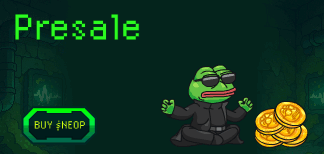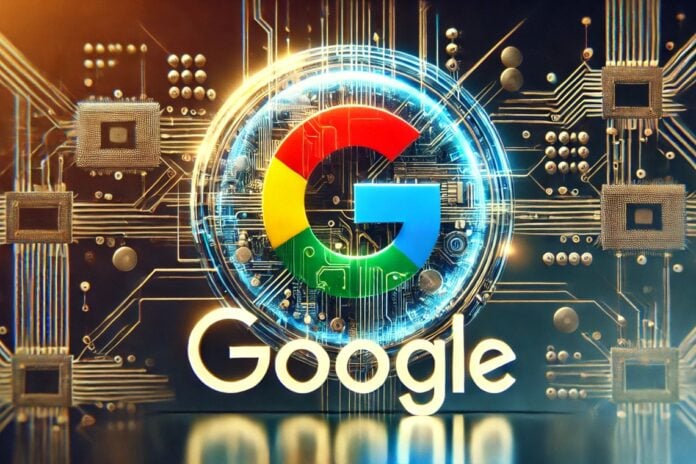Polygon Labs, together with Google Cloud and Accenture, is innovating loyalty programs through Web3 solutions, enhancing the user experience and creating new revenue streams for brands.
Let’s see all the details below.
Summary
Strategic Collaboration between Polygon and Google Cloud to engage and protect customers
As anticipated, Polygon Labs, Google Cloud, and Accenture are redefining loyalty programs with an innovative vision based on Web3 technologies.
This strategic collaboration aims to transform consumer interaction with brands, introducing advanced digital rewards and new modes of engagement.
The recent joint white paper highlights how Web3 solutions can enhance existing loyalty programs. For example, by offering users rewards such as tokenized privileges, gamification, collectibles, and community-generated content.
This not only improves the user experience but also creates new revenue streams for businesses.
A key element of this collaboration is the focus on the sharing of privacy-preserved data, supporting a “multiplayer commerce” model.
This allows the secure exchange of customer loyalty status on a protected data layer, accessible to complementary brands and partners.
This model uses zero-knowledge proofs to allow access to relevant data without revealing sensitive information, improving the security of customer information.
The innovative approach not only improves the effectiveness of existing loyalty programs, but also paves the way for new customer engagement opportunities.
Leading brands like Nike, Flipkart e Nubank are already adopting experiential rewards and user-generated content to enrich their loyalty offerings.
In particular, the implementation on Flipkart has seen a significant increase in user interaction, with 95% participation in the missions and a 23% increase in prize redemptions thanks to the Hang program on Polygon.
Innovation in customer engagement
Marc Boiron, CEO di Polygon Labs, emphasized the importance of this collaboration by stating the following:
“Our partnership with Accenture and Google Cloud represents a significant step towards innovation in customer engagement. Using our CDK and advanced zero-knowledge proofs, we offer customers superior data protection and an improved user experience through innovative loyalty rewards.”
This synergy not only enhances existing loyalty programs, but also lays the foundation for a dynamic market where users can buy, sell, and trade digital rewards.
In an era where consumers increasingly seek meaningful and interactive experiences, this new mode of engagement particularly resonates with Generation Z. Thus contributing to building deeper and more lasting relationships between brands and customers.
Coming in September, the replacement from MATIC to POL
Polygon Labs has announced that the upgrade of its blockchain Ethereum Layer 2 will be active on September 4, 2024.
Despite the announcement, the price of Polygon (MATIC) experienced a decline, reflecting the general bear trend of criptovalute.
The transition from MATIC to POL, initially proposed in July of last year and formalized through PIP-17 in September, involves the replacement of the MATIC token with the new POL token, used for gas and staking.
The update will follow the implementation of the POL ERC-20 contract, introduced in October 2023. The first phase will see POL replace MATIC, with further phases where POL will acquire more network functionalities.
Included in these is the decentralized protocol AggLayer, designed to address blockchain fragmentation with sovereign chains and shared liquidity.
Polygon Labs has reassured that those who own MATIC on the Polygon PoS chain will not have to do anything for the update, which will be automatic.
However, holders of MATIC on other chains, such as Ethereum and Polygon zkEVM, or on centralized exchanges, will need to follow specific migration procedures through a dedicated contract.


